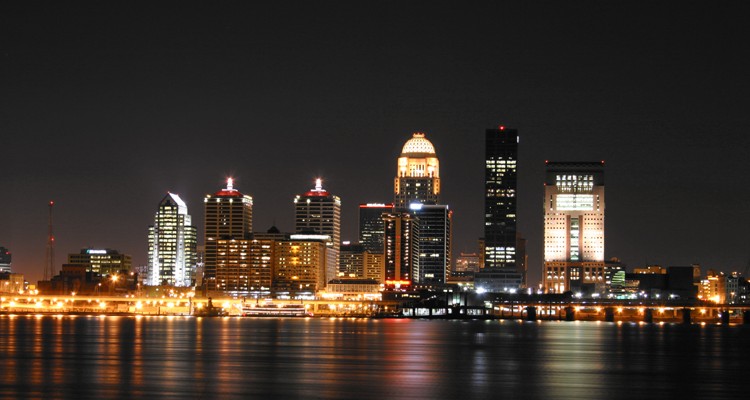Kentucky could be the next state to allow casino gaming if a proposed constitutional amendment is approved by voters.
According to Dem. Greg Stumbo, the state’s Speaker of the House, “The time has come for voters to decide the expanded-gaming issue once and for all.” If approved, the amendment that would allow for seven casinos in the state would commit revenues to strengthening Kentucky’s public pension system, and education and horse-racing industry, according to Stumbo. The bill could be considered by the Kentucky General Assembly as soon as January 2016 when the regular session begins, and if approved would be in voters hands in time for the November 2016 vote.
Stumbo said, “The evidence is clear: Kentuckians are visiting casinos in other states in large numbers – one recent story by the Kentucky Center for Investigative Reporting conservatively estimates they’re spending more than $3 billion a year at those along the Ohio River – and the state’s two instant racing sites have now generated more than $1 billion since they first went online in Sept. 2011,” adding, “Whether we like it or not, expanded gaming is here in Kentucky. The only question is whether we should finally benefit from it.”
Six counties that meet the population requirement of at least 55,000, from each of the state’s congressional districts, would participate in a local-option vote which would be required before a casino would go to that county. The seventh casino location would be chosen by vote, and the industry would be overseen by the Kentucky Lottery Corporation, according to a release from Stumbo’s office. Kentucky Downs, which has a racetrack and instant racing machines, is located in Simpson County and would be omitted from possible casino locations due to the county’s population which is under the required 55,000.
Revenue from Kentucky’s lottery, which was approved by voters in 1988, provides funding toward education, and the state’s Appalachian region could be the recipient of monies from a specified higher-education fund if approved by the General Assembly, according to Stumbo.


